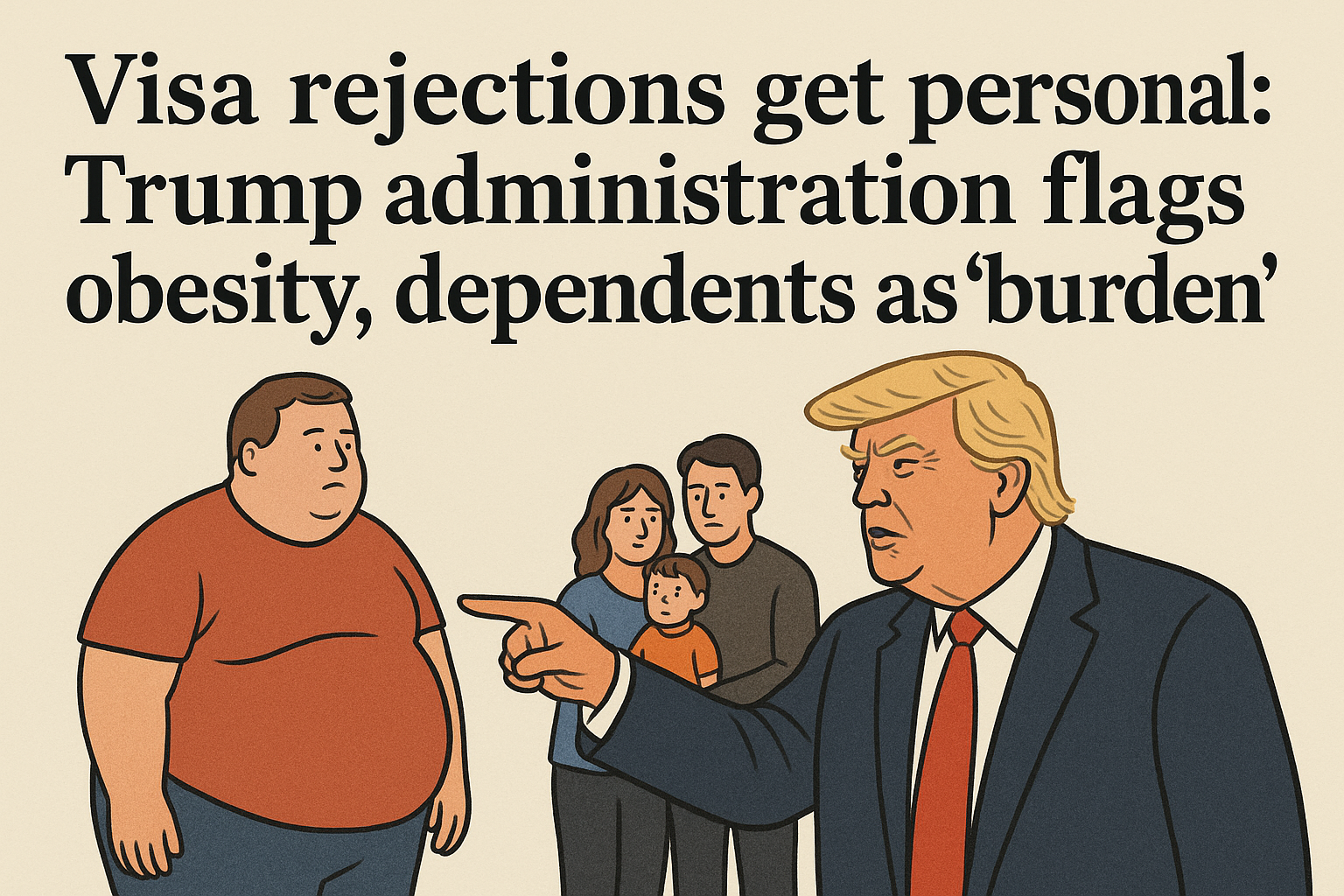The Jammu and Kashmir administration has taken a decisive step to clean up the vehicle resale ecosystem by introducing stricter norms for all dealers handling registered vehicles across the Union Territory. The move is designed to curb misuse, eliminate fraudulent transfers, and bring long-needed transparency to the sector.
According to a fresh circular issued by the Transport Commissioner’s office, new operational guidelines have been rolled out in line with a recent notification from the Union Ministry of Road Transport and Highways. These guidelines now make it compulsory for any individual or business dealing in the resale, stocking, or handling of registered vehicles to obtain formal authorisation.
At the heart of these reforms is complete digital traceability through the VAHAN platform, ensuring every transaction can be verified in real time. The framework mandates online applications, strict premises verification, five-year validity for authorisations, secure custody of vehicles, and meticulous maintenance of buyer and seller KYC data. This digital-first approach aims to reduce loopholes that previously enabled fraudulent activities.
Enforcement agencies have also been instructed to intensify inspections. Regional Transport Officers, Assistant RTOs, and enforcement staff will verify VAHAN entries and initiate strong action against anyone operating without authorisation. After a 21-day window, the department will collaborate with district police and state tax authorities to seize vehicles being traded illegally. Existing dealers have been given a 30-day period to secure their authorisation, and all transactions through non-authorised dealers will be strictly prohibited.
Transport Commissioner Vishesh Paul Mahajan stated that these guidelines are designed to block fraudulent deals, prevent vehicles from being misused by anti-social elements, and create a cleaner, more transparent resale market.
Parallel to these measures, the administration has launched an aggressive push to implement the Registered Vehicle Scrapping Policy (RVSF). The policy targets old vehicles — especially those beyond 15 years or those rendered unsafe due to accidents, natural wear, or disasters. Transport Secretary Avny Lavasa emphasized that scrapping will be done in a scientifically safe manner, aligned with environmental standards under the Environment Protection (End of Life of Vehicle) Rules.
Beyond environmental gains, the policy is expected to accelerate economic growth. Lavasa highlighted that vehicle scrapping and recycling can shape a flourishing ecosystem involving dismantling operations, recycling units, and logistics networks — all contributing to new employment opportunities across Jammu and Kashmir.
To encourage participation, the government will offer incentives and land bank support for setting up scrapping facilities across the UT. Lavasa added that the success of this initiative depends on active public and business participation, urging citizens to view the policy as an opportunity rather than an obligation.
At its core, this shift signals a new chapter for J and K — one that values safety, sustainability, accountability, and economic opportunity. As the region tightens regulations and embraces responsible scrapping, the future of mobility stands to become cleaner, safer, and far more transparent.




